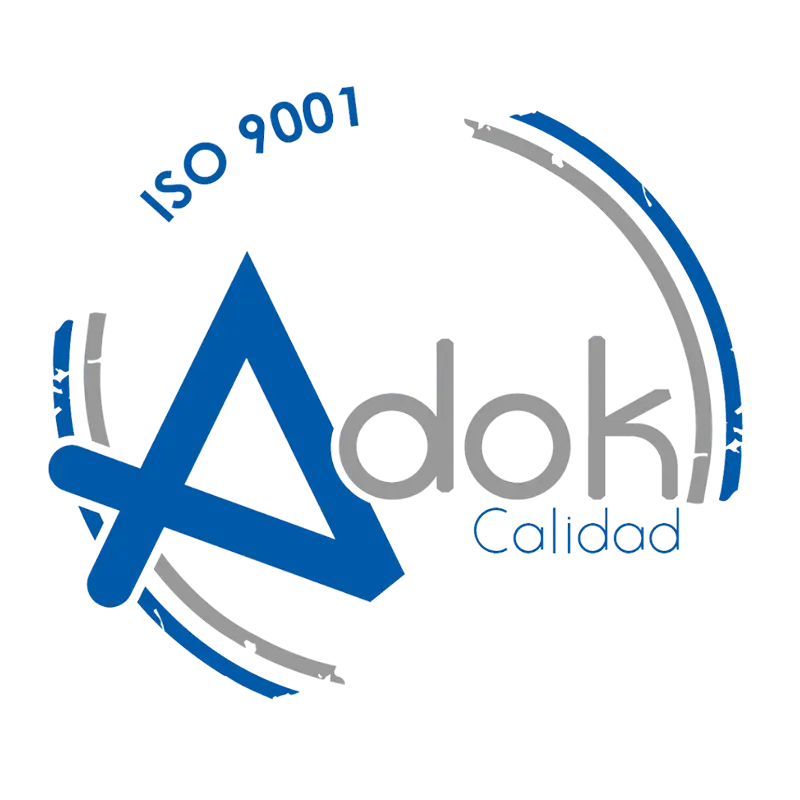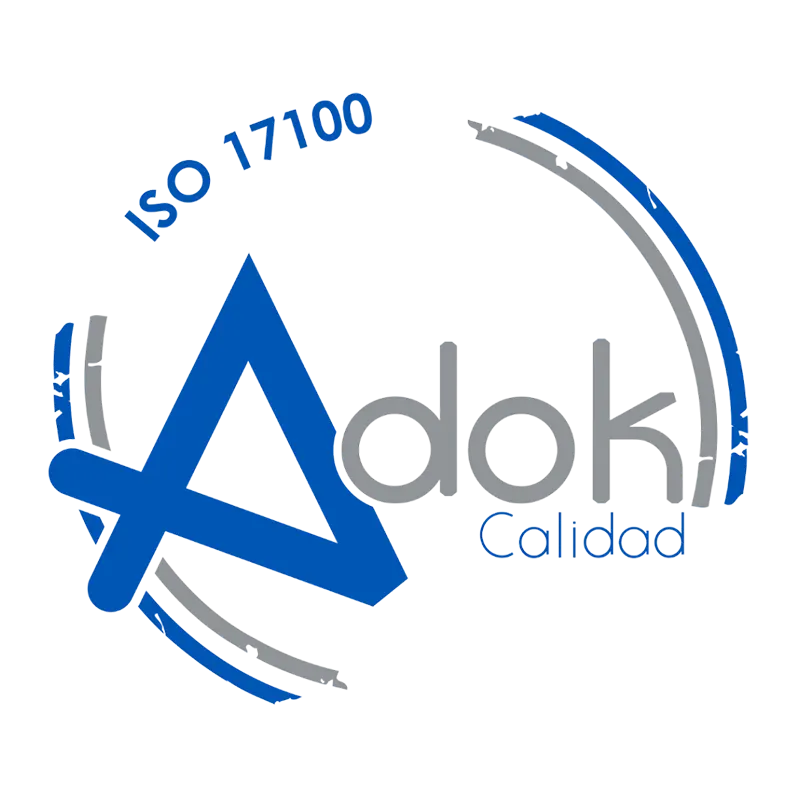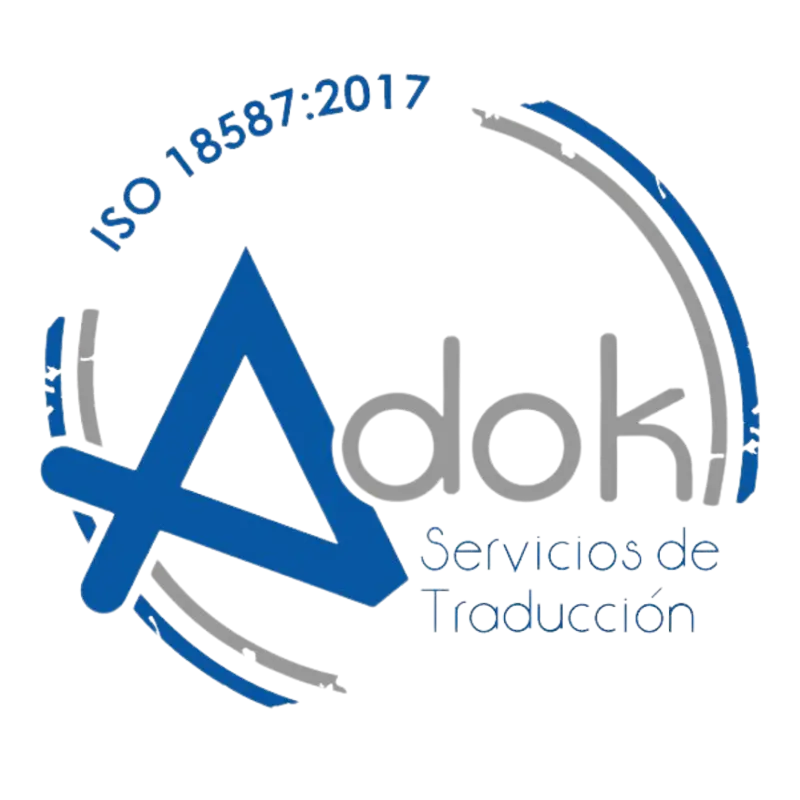Translation
Medical Translation Pharmaceutical Translation Translation of Clinical Studies Translation of Research Articles Nutrition & Health Translation Technical Translation Scientific Translation Financial Translation Audiovisual & Video Game Translation Legal Translation Tourism Translation Cosmetics & Beauty Translation Fashion Translation Advertising Translation Website Translation
- Home
-
- Translation Services
- Medical Translation
- Pharmaceutical Translation
- Translation of Clinical Studies
- Translation of Research Articles
- Nutrition & Health Translation
- Technical Translation
- Scientific Translation
- Financial Translation
- Audiovisual & Video Game Translation
- Legal Translation
- Tourism Translation
- Cosmetics & Beauty Translation
- Fashion Translation
- Advertising Translation
- Website Translation
- Contact
- Blog
- Quote



